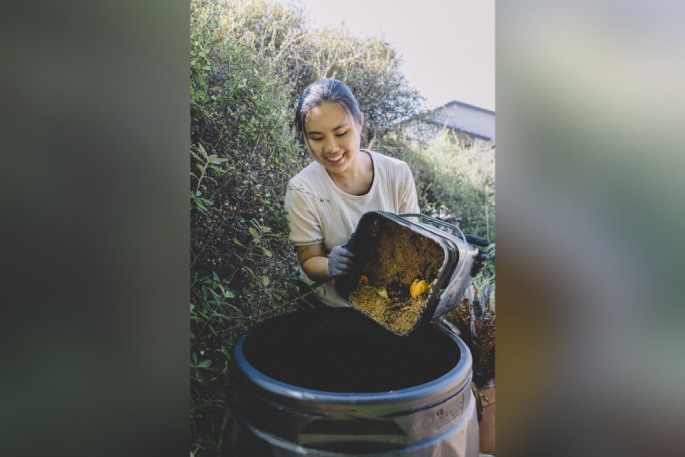Let’s be honest: in this time-scarce world of convenience and instant gratification, sometimes the goal to be environmentally friendly can seem like an impractical task.
The important thing is just to start somewhere, says the team at Western Bay of Plenty District Council.
Even small adjustments to your daily routines add up.
"Our climate is changing and saving energy is one tool in our toolkit for reducing our environmental impact and building climate resilience as a community," says a council spokesperson.
Last year Western Bay of Plenty District Council partnered with FutureFit, a tool which helps people understand their impact on the planet and set climate-friendly goals.
"Starting with simple things like closing your windows and curtains while the air con is on can really make a difference.
"Just as curtains and blinds work to insulate your home against the cold in winter, they can help keep things cooler in summertime and make your air con more efficient."
This simple energy efficient change can keep the house and the people inside more comfortable, as well as reducing your power bill.
If you are keen to form some new environmentally-friendly habits, here are a few more simple tips you could try over the summer:
· See the sights by cycle. Get some fresh air and fitness: swap the car for a bike tour during your summer break. We’ve got lots of great cycling spots around the Western Bay.
· Ditch the disposables. Be mindful of what you purchase in the name of convenience; can you ask a friend or family member to bring some extra plates and cups instead of purchasing disposable or single use serve-ware?
· Take some weight off. Take out any unnecessary weight from your car and check tyre pressure before heading off on holiday. Simply removing roof racks and boxes when not in use can save a significant amount of fuel: studies indicate they can increase fuel consumption by up to 25% percent.
· Borrow don’t buy. Think twice before you buy something you are only going to use once. Ask friends or family if they have what you need and can lend it to you – odds are, they have only used it once too.
· Buy local. Save on the CO2 used in transporting the product and buy from local manufacturers or growers.
· Buy second-hand instead of new. Save the money and the environment: consider if your item is available as-new second-hand.
· BYOB (Bring your own bag). We should be pros at this now, but we still need to remember to grab those reusable bags before heading out the door.
· Plan your route. Think about what errands you need to do in the week ahead. Avoid having to make multiple trips and enjoy the satisfaction of combining tasks and saving time.
· Carry your cups. Take your reuseable cup along to your favourite café for your coffee fix.
"You can read about what Climate Change might mean for the Western Bay of Plenty and some of the actions we can take to be more resilient to these changes in Council’s Climate Change Action Plan," says a council spokesperson.
"We can’t do this alone, so we’re encouraging our community to get involved and help us build climate resilience one change at a time.
"We asked the community earlier this year what hazards they face from climate change in their neighbourhoods, and what information would help them plan to reduce these."
Check out the council's yourplace.nz pages for the feedback.
Wondering what your personal footprint is? Head on over to FutureFit to find out!
Council has partnered with the initiative, which helps people to understand their impact on the planet.
Take a five-minute quiz online, and see what other actions you can give a go today.



0 comments
Leave a Comment
You must be logged in to make a comment.